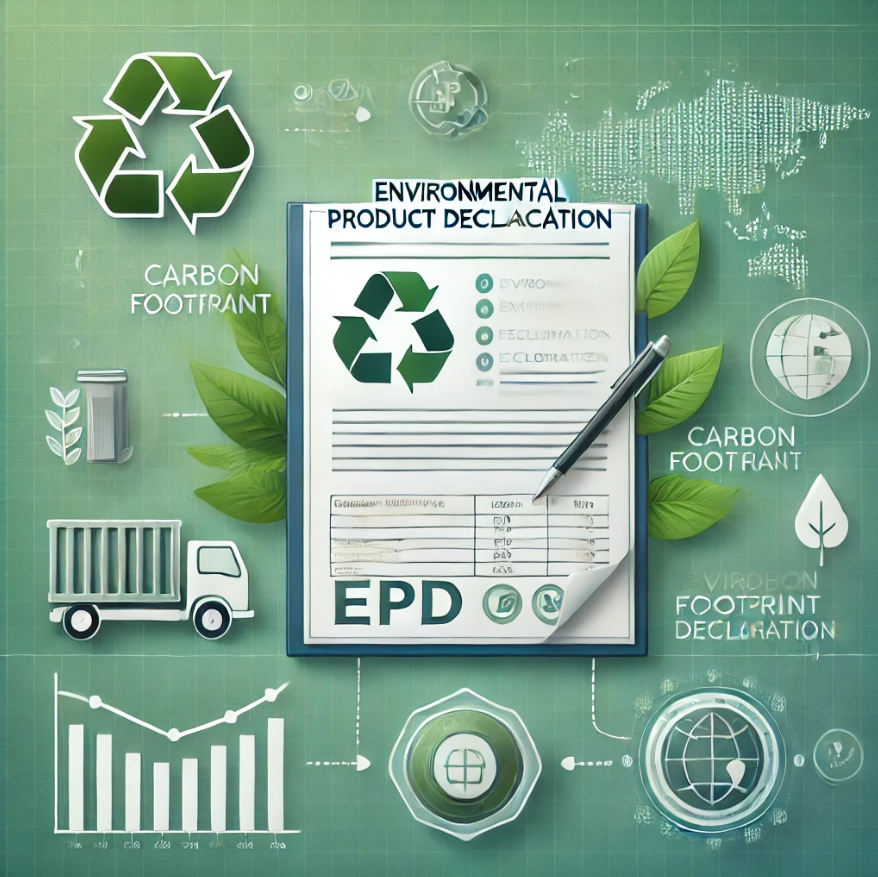
EPD for Biochar –
A Transparency and Sustainability Declaration
An Environmental Product Declaration (EPD) is a standardized environmental assessment that provides transparent and scientifically based data on a product’s environmental impact throughout its lifecycle. For biochar, an EPD enables objective comparisons of its climate benefits and environmental footprint against other materials and technologies.
What Does an EPD for Biochar Include?
An EPD is based on a Life Cycle Assessment (LCA), which maps the entire journey of a product—from raw materials and production to usage and end-of-life. For biochar, this includes:
- Raw Materials – Type of biomass used and its origin.
- Production – Energy consumption, emissions, and byproducts.
- Transport – How biochar is transported and its environmental impact.
- Usage – How biochar contributes to carbon sequestration and soil improvement.
- End-of-Life – How biochar decomposes or remains in the soil over time.
Why Is an EPD Important for Biochar?
An EPD allows for the quantification of biochar’s environmental benefits, which is crucial for carbon offset projects and carbon sink initiatives. Companies and organizations looking to use biochar to reduce their carbon footprint can rely on an EPD to ensure the product meets sustainability standards and delivers effective carbon sequestration.
How Can We Trust an EPD?
EPDs are independently verified by third parties according to international standards such as ISO 14025 and EN 15804. This ensures that the data is reliable, comparable, and transparent.For biochar, an EPD is a key tool for demonstrating its true climate impact and building trust among users, investors, and sustainability-driven industries.